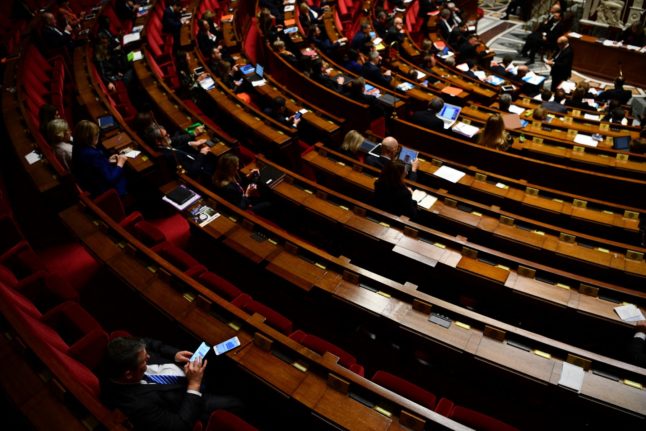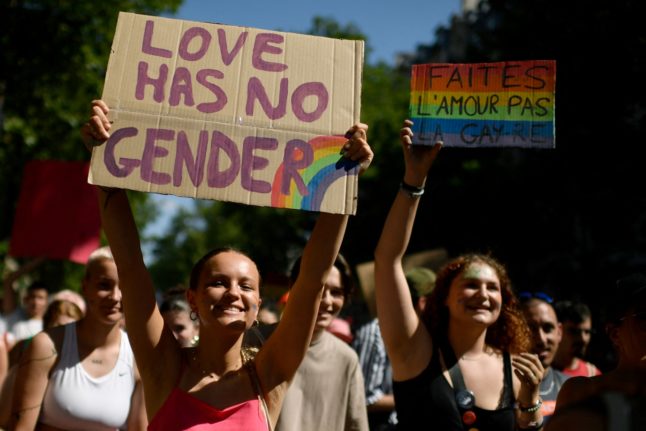The Assemblée nationale unanimously agreed to set up the commission demanded by actor Judith Godreche in a speech to the upper house, the Senate, in February.
The 52-year-old actor and director has become a key figure in France’s MeToo movement since accusing directors Benoit Jacquot and Jacques Doillon of sexually assaulting her when she was a teenager. Both have denied the allegations.
All 52 lawmakers present for the vote on Thursday approved the creation of the commission, watched by Godreche, who was present in the public gallery in the chamber.
“It’s time to stop laying out the red carpet for abusers,” said Greens lawmaker Francesca Pasquini.
The new commission is to look into “the condition of minors in the various sectors of cinema, television, theatre, fashion and advertising”, as well as that of adults working in them, it said.
On the basis of Godreche’s proposal, a parliamentary commission on culture decided to extend the scope of the inquiry to also include other cultural sectors.
It is to “identify the mechanisms and failings that allow these potential abuses and violences”, “establish responsibilities” and make recommendations.
The parliament vote comes a day after actor Isild Le Besco, 41, said in an autobiography she was also raped by Jacquot during a relationship that started when she was 16, but was not ready to press charges.
Godreche, by contrast, has filed a legal complaint against the prominent arthouse director, over alleged abuse that occurred during a relationship that began when she was 14 and he was 25 years her senior.
She has also formally accused Doillon of abusing her as a 15-year-old actress in a film he directed.



 Please whitelist us to continue reading.
Please whitelist us to continue reading.
Member comments